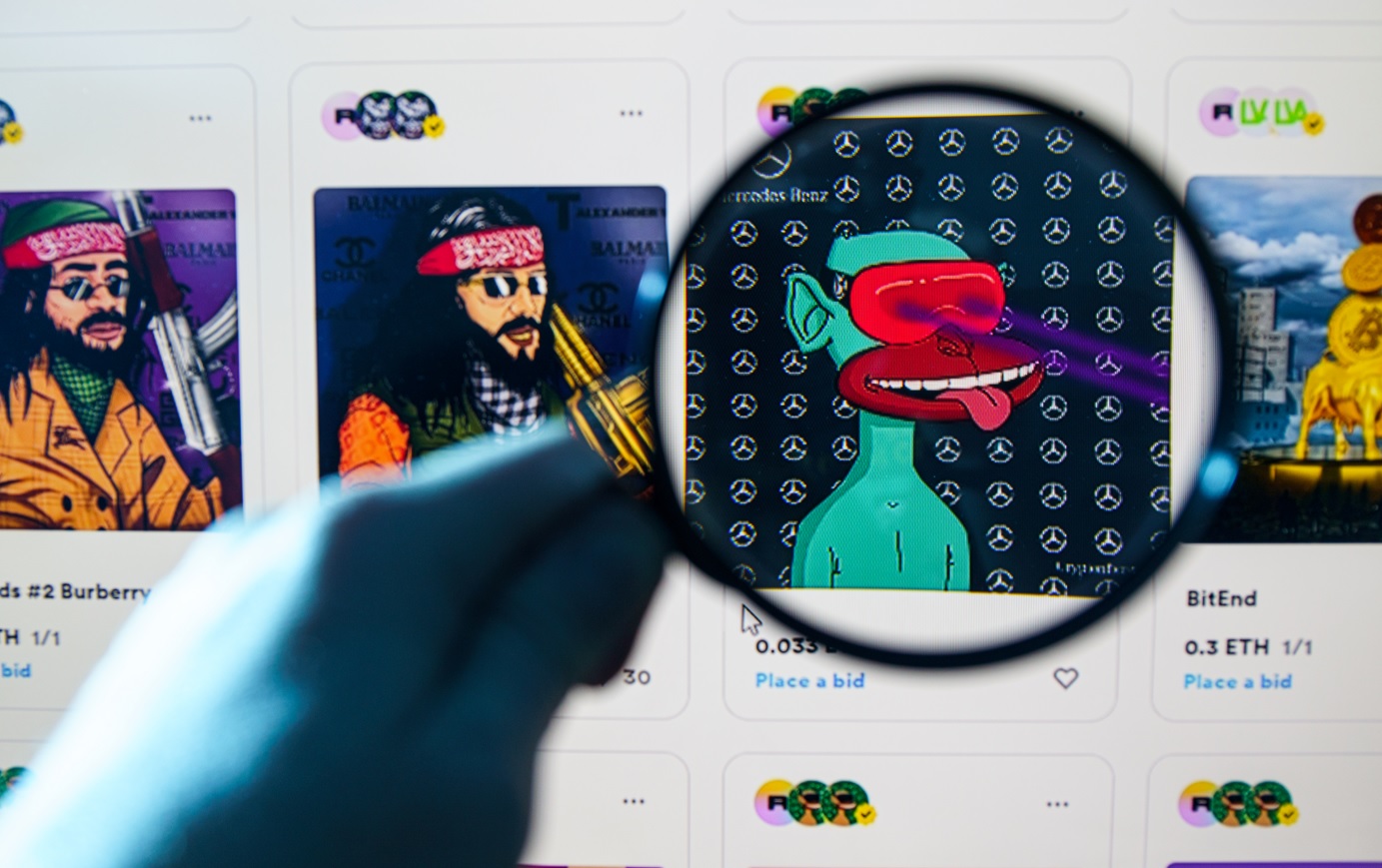
- The discontinued file sharing platform will launch as an NFT marketplace in May
- The NFT marketplace project is yet to conduct external funding but will soon launch a LimeWire token
Defunct software peer-to-peer file sharing (P2P) client LimeWire has today announced that it's coming back but not in the same way it used to be. LimeWire intends to relaunch as an NFT marketplace.
At the height of its prominence, LimeWire was popular for its service that allowed users to share and download music at no cost. However, its run came to an end and had to shut down in 2010 after a federal court found that LimeWire had caused large-scale copyright infringement via the service it offered users.
Here is what to expect
Austrian brothers Julian and Paul Zehetmayr, who acquired LimeWire's intellectual property last year, say they plan to launch the LimeWire NFT marketplace in May. The marketplace would initially focus on music NFTs but would also encompass other collectables in art and entertainment.
The new marketplace will be launched to address the "technical hurdles of the current NFT landscape." As opposed to other popular marketplaces such as OpenSea that list their collectables in cryptocurrency, LimeWire will denominate prices in US dollars. It will also allow users to purchase collectables using credit cards.
"The issue with the NFT market is that most platforms are decentralised. If you look at bitcoin, all the exchanges are making it really easy to buy, trade and sell bitcoin. There's no one really doing the same in the NFT space," Julian Zehetmayr told CNBC as he spoke on the launch, which has been in the cards for a while now.
For the creatives, not against them
The Zehetmayrs, who serve as co-CEOs of LimeWire, told Decrypt that they aim to introduce a new wave of digital listeners with this initiative. However, this time, the service will be different. Most of the revenue would be directed back to the artist, unlike the 'original' LimeWire that allowed users to share copyrighted content freely.
"LimeWire is returning as a platform for artists, not against them," they said. "On LimeWire, the majority of the revenue will go directly to the artist, and we will be working with creators to allow full flexibility, ownership, and control when it comes to their content."
The brothers plan to raise funding by launching a LimeWire token to be sold to a limited number of investors via a private sale. Down the road, the token would be made publicly available. At present, the sole funding for LimeWire is from previous sales of the brothers' past ventures.

